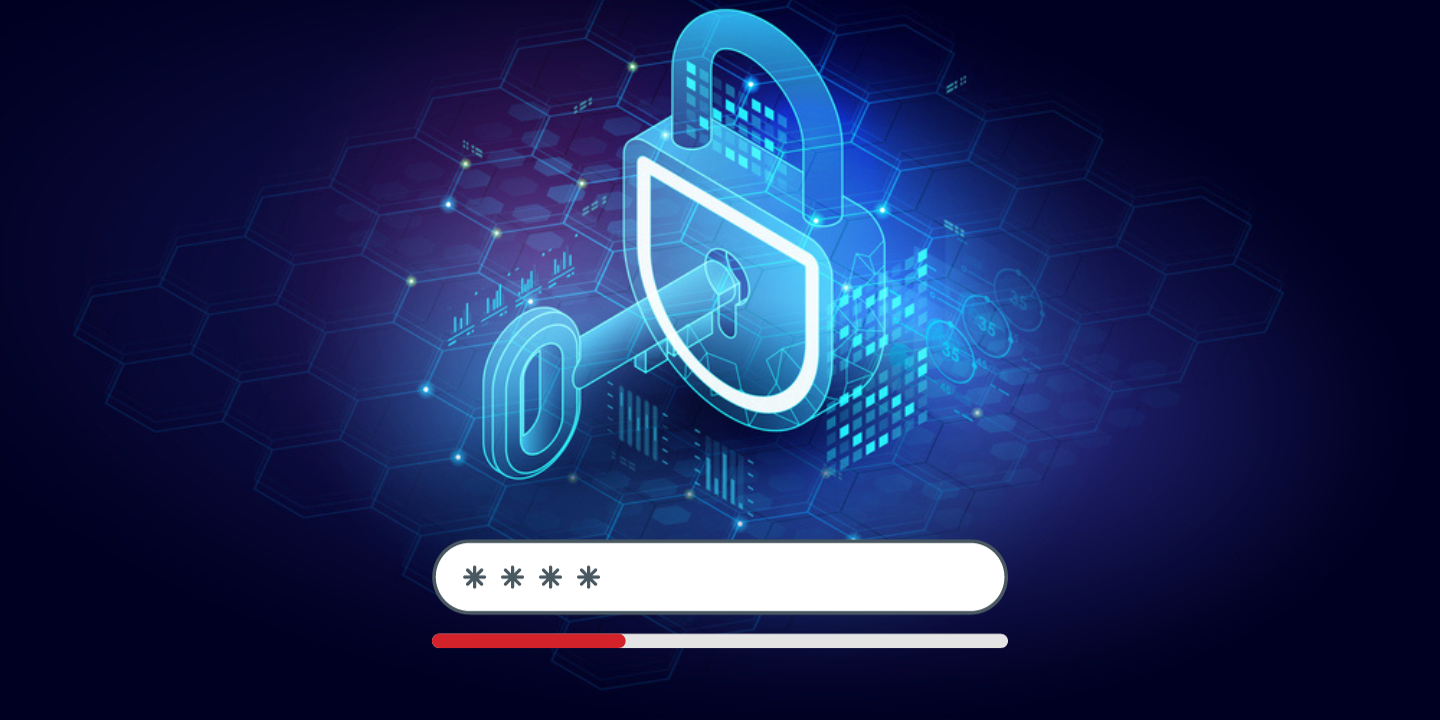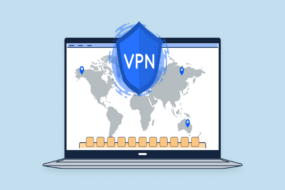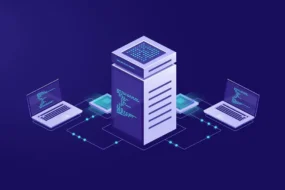In an era dominated by digital advancements, the importance of strong, secure passwords cannot be overstated. As we celebrate the one-year anniversary of our digital existence, it’s crucial to reflect on the vulnerability that weak passwords pose to our online security. In this article, we delve into the significance of robust passwords, the role of password managers like Bitdefender Password Manager, and the broader context of online privacy.
The Anatomy of Weak Passwords

Weak passwords are akin to leaving the front door of your digital life wide open for cybercriminals. Too often, individuals fall into the trap of using easily guessable passwords, such as “123456” or “password.” The consequences of weak passwords extend far beyond compromised accounts. A single breached password can lead to a domino effect, compromising personal information, financial assets, and even sensitive business data.
In an interconnected world, where digital identities are intertwined across various platforms, the compromise of one weak password can have cascading effects, impacting both individuals and organizations.
Cracking the Code: Methods Employed by Cybercriminals

Cybercriminals are relentless in their pursuit of exploiting weak passwords. Understanding their tactics sheds light on the urgency of bolstering password security. Brute force attacks, where hackers systematically attempt every possible combination until the correct one is found, are a classic method. Sophisticated algorithms and powerful computing capabilities have significantly enhanced the speed and efficiency of these attacks.
Another prevalent technique is password spraying, where attackers use commonly used passwords across multiple accounts, taking advantage of individuals who reuse passwords for different platforms. This method exploits the tendency of users to prioritize convenience over security, a dangerous practice in the digital landscape.
Phishing attacks, involving deceptive emails or websites that trick users into divulging their login credentials, remain a persistent threat. Weak passwords make it easier for cybercriminals to gain unauthorized access through these fraudulent means.
Risks of Password Reuse
One common pitfall is the tendency to reuse passwords across multiple platforms. This practice compounds the risks exponentially—if one account is compromised, all linked accounts become susceptible to unauthorized access. Cybercriminals are adept at exploiting this vulnerability, employing automated tools to test compromised login credentials across various platforms.
Role of a Password Manager
Recognizing the need for enhanced password security, tools like Bitdefender Password Manager have emerged as indispensable assets in the realm of cybersecurity. It offers a secure solution to the password dilemma by generating complex, unique passwords for each account and storing them in an encrypted vault. This not only strengthens your defense against cyber threats but also alleviates the burden of memorizing numerous complex passwords.
Key Features of Password Manager

- Password Generation: A Password Manager creates strong, unique passwords for each of your accounts, minimizing the risk associated with predictable and reused passwords.
- Secure Vault: All your passwords are stored in a highly secure vault, protected by advanced encryption algorithms. This ensures that even if one account is compromised, the others remain safeguarded.
- Auto-Fill Functionality: It streamlines your online experience by automatically filling in login credentials, eliminating the need to remember complex passwords for each site.
Broader Context of Online Privacy

Beyond the realm of passwords, online privacy is a multifaceted concern that encompasses various aspects of our digital lives. From tracking cookies to data breaches, the threats to our privacy are diverse and evolving. Employing robust passwords with the assistance of tools like Bitdefender Password Manager is just one layer of defense in the broader effort to safeguard our online privacy.
As we celebrate the one-year anniversary of technological advancements, the issue of weak passwords serves as a stark reminder of the vulnerabilities that persist in our digital landscape. Recognizing the importance of strong password security is not just a personal responsibility but a collective one.
By adopting best practices, staying informed, and embracing advanced security measures, we can collectively turn the tide against cyber threats and safeguard the digital realms we inhabit. After all, in the ever-evolving world of cybersecurity, the strength of our passwords determines the resilience of our digital fortresses.
In case you missed:











